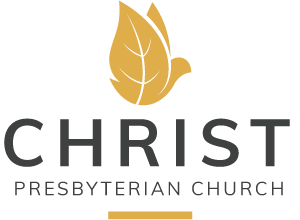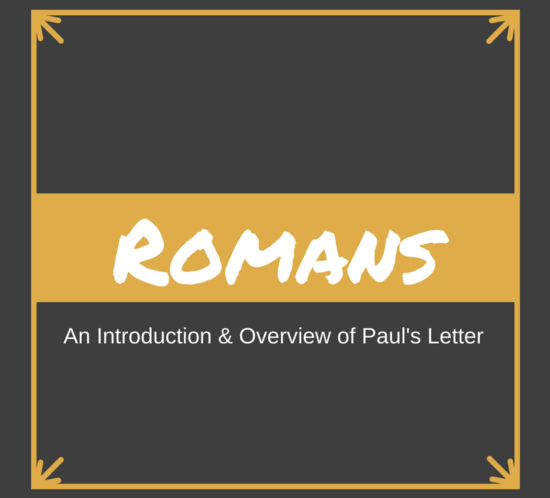Be On Guard!
Bible Text: Luke 12:13-34 | Preacher: Kyle Wells | Series: Stewardship Sunday
The subject of money is addressed throughout the Bible with surprising frequency. By some estimates, Jesus talked about money 25 percent of the time. Jesus thought money was important and this is perhaps nowhere more evident than in Jesus’ often-repeated statement: where your treasure is, there your heart will be also. Where you invest is an exact index of what you value, revealing the commitment of your heart.
Greed is the inordinate desire for, love of, and trust in money and possessions. It is akin to idolatry as it sets up money as a rival to God and his exclusive right to human love, trust, and obedience (Eph 5:3; Col 3:5; Matt 6:24). In our passage, Jesus warns us about the dangers of greed. This week, we considered the danger of greed, the symptoms of greed, and the cure for greed.
The Danger: Jesus tells us to watch out for all kinds of greed (Lk 12:15, NIV). More than other sins, greed binds us to our own greediness. Jesus doesn’t say, “make sure that you aren’t committing adultery;” a person knows when they are in an extra-marital affair. The greedy, however, are unable to recognize their fault.
The Symptoms: Thankfully, our text gives us a number of symptoms by which we can self-diagnose.
Hoarding: While the Bible is not against savings (Prov. 6:6), it is against hoarding. To save is to put money away that you will need. To hoard is to accumulate goods beyond what you will need. Notice that the man in the parable was already rich when the windfall came (v16).
A Mentality of Entitlement: To feel entitled is to feel as if something is yours by right. Five times in vv17–19 this landowner speaks of what “I” will do, as if he has no responsibility to anyone else for what he does with these goods. Greed moves wealth from the category of gift and grace to the category of earned and deserved. Greed moves us from seeing ourselves as stewards of resources to becoming consumers of products.
Practical Atheism: In the Bible a fool is someone who acts without reference to God. In v20 the landowner is called a “fool” because he is living and treating his money as if there is no God.
A Desire to Disengage from Kingdom Responsibilities: It is clear from what this man says in v19 that he saw money as an excuse to disengage from his responsibilities in the kingdom of God.
Placing a False Sense of Security in Wealth: The great tragedy of the landowner was that he saw financial security as security. And while he was spending all his energy protecting his possessions, he neglected his own soul. This ruinous oversight comes to a head when God says to him: “Fool! This night your soul is required of you, and the things you have prepared, whose will they be (v20)?” Money had become his god, but it could never be his savior.
The Cure: The cure is to stop laying up treasure for oneself and to be “rich toward God” (v21). Jesus instructs his disciples to make giving a priority by liquefying assets (most wealth was not liquid in that day) and using them to seek God’s reign on the earth (v31; 33). Because Jesus knows that this is a scary prospect, especially for his poor followers, he tells them not to be anxious, not to fear, and reminds them of how big, generous, and loving their God is (vv22–32).







